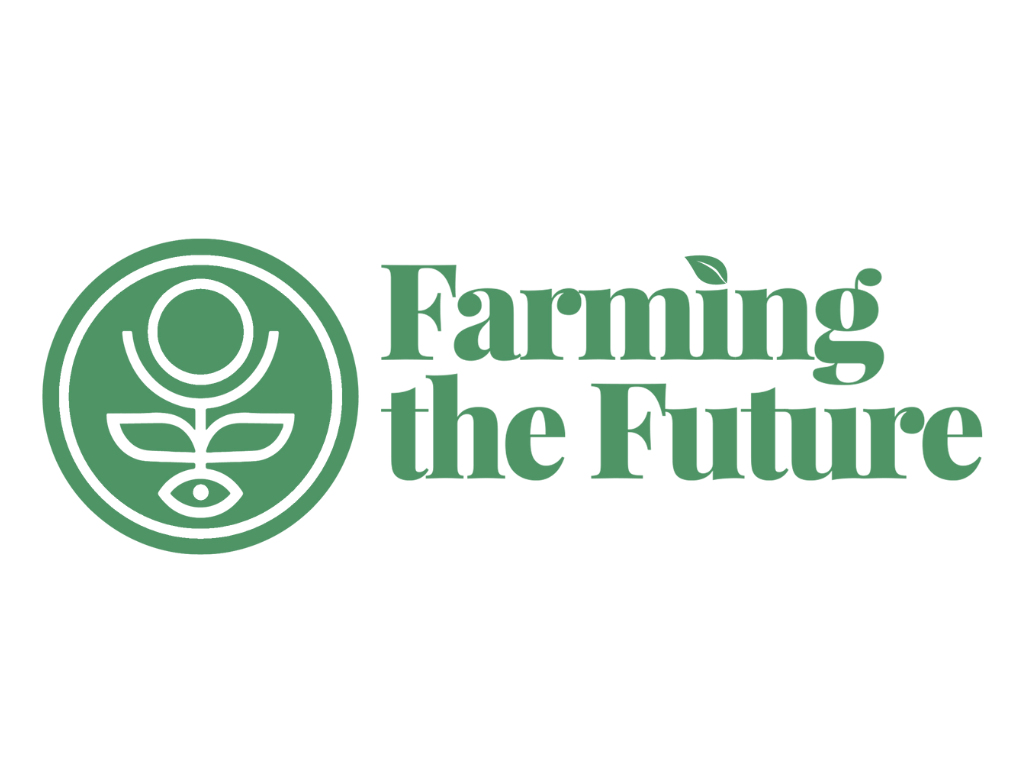Farming the Urban Fringe
- Mark Walton
- Mar 12, 2021
- 4 min read
Updated: Oct 20, 2025
(This post was originally published on Shared Asset's Blog)
Shared Assets have been engaged with an international peri-urban farming project. As Urbanising Place draws to a close, Mark Walton looks at what they’ve learnt and how they will be applying it to the new UK-based Fringe Farming project (funded by Farming the Future) over the coming months.
This year is an exciting period for our work on peri-urban land and urban food growing.
After three years we are entering the final stages of the Urbanising in Place project which has been looking at current practices and the potential future for urban agroecology in London, Riga, Brussels and Rosario. We are also just starting work on a new Fringe Farming project which will enable us to look at how we apply this learning in other UK cities.
Last February I blogged about the key questions we were looking to answer in the London based element of the Urbanising in Place project:
How can recent and emerging policy commitments to protect and create a food growing spaces in London be realised in practice on the ground, in particular, to provide for agroecological food growing at a commercial scale in the peri-urban and Greenbelt?
What strategies are growers currently using with respect to soil care and what is the potential for agroecological food growing sites to source nutrients from urban waste streams?
What is the potential for incorporating the protection and agroecological enhancement of soils in planning and land use policies?
In the short period before Covid hit we managed to hold a number of meetings in early 2020 to explore these questions, including events to explore the potential for expanding peri-urban farming in London and the legal protection of soils in February, and workshops on soil care the productive use of the greenbelt in March.

Whilst some follow up from these events has not been possible due to the strictures of the pandemic, outcomes have included:
The development of a new international project involving Urbanising in Place partners and some other projects funded under the SUGI (Sustainable Urbanisation Global Initiative) programme to explore practices and policy remedies for addressing the degradation of urban soils.
A proposal to develop a working group (not yet established) including the Greater London Authority and other stakeholders to explore how the Greenbelt could deliver greater social, environmental and economic benefits.
Identification of the need for better knowledge and understanding of how to assess local soil quality and for a public campaign – such as we have seen for air quality, plastics and pollinators – to raise awareness of the need to protect soils from degradation.
Meanwhile in each of the other cities project partners have been exploring:
How existing social and political commitments to the development of the Greenbelt as a zone of agroecological growing can be strengthened (Rosario, Argentina).
How the city can support and strengthen existing informal practices of foraging, seed sharing etc (Riga, Latvia).
The potential to develop a ‘centre for agroecology’ as a place to bring together traditional rural farmers and new urban farmers, and develop shared governance to take forward agroecology in the city (Brussels, Belgium).
We are currently drawing together the learning from each city and over the next year, the team will be hosting a series of webinars and creating a website to host the papers, tools and case studies from the project. Our aim is to create a platform for the development of a wider international community of practitioners, municipalities and policymakers who are focused on the potential for making cites that enable food growing, and where farms not only supply good locally grown food but are an integral part of a city’s metabolism, helping to regulate the flows of nutrients, water and energy, and providing spaces for sharing skills and knowledge, and organising collectively.

A key outcome from this work for us was linking up with Sustain and the London Food Board to deliver an action planning workshop on how London could support the development of peri-urban farming practices such as those already being delivered by the likes of Organic Lea, Forty Hall Farm and Growing Communities. That work led to the publication of this report into the potential for peri-urban farming in London.
Since then we have partnered with Sustain, Bristol Food Producers (Bristol), Glasgow Community Food Network (Glasgow) and ShefFood (Sheffield) to develop a project to repeat this process; researching access to land for peri-urban farming with a briefing and action planning event in each city. In addition, Capital Growth will be taking forward the actions from the 2020 London report and Landworkers’ Alliance will be setting up a peri-urban practitioners’ forum to build supportive networks, identify issues and share knowledge within the sector.
This new Fringe Farming project funded by Farming the Future will result in:
Local action plans in the four cities.
An overall analysis/policy briefing on land availability with a clear socio-economic case for increasing peri-urban farming as part of a green economic recovery.
A model of progressing land for peri-urban farming that can be replicated in other cities.
A series of local and national policy recommendations to unlock land in the urban fringe for food production.
We are also looking forward to testing out one of the key outputs from the Urbanising in Place project, a set of ‘building blocks that, from the research, appear to provide the key elements of agroecological urbanism – or urban agroecology!

We’ll be sharing more about these building blocks over the coming months so watch this space for updates.




